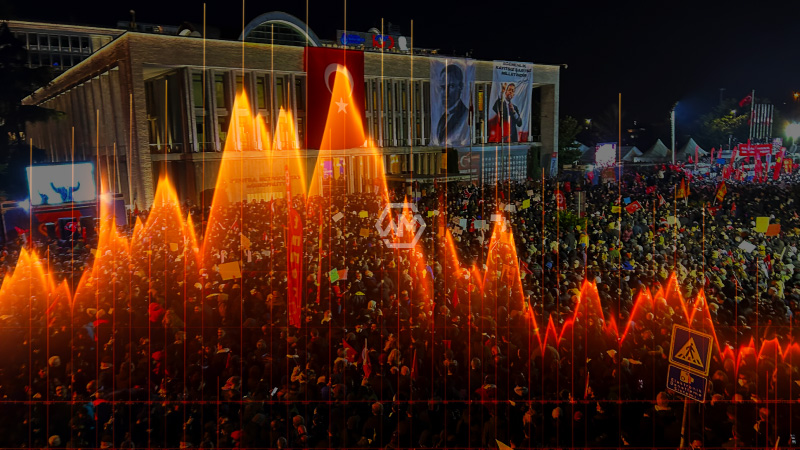- The opposition CHP called for a one-day shopping boycott after Istanbul Mayor Ekrem Imamoglu’s arrest.
- The Turkish government labeled the boycott an economic sabotage attempt.
- Authorities launched an investigation into those advocating the boycott.
The Turkish government has strongly opposed the opposition’s call for a mass commercial boycott, describing it as an attempt to sabotage the economy.
The growing protests, the largest in over a decade, signal deepening political unrest in Turkey. Erdogan and his supporters, including celebrities like Mesut Ozil, have pushed back against the movement, branding it as harmful to the nation.
Turkish Government Clamps Down on Economic Boycott Over Mayor’s Arrest
Istanbul Mayor Ekrem Imamoglu’s arrest has ignited a wave of protests, fueling public outrage and calls for action against businesses linked to President Erdogan’s administration. The opposition CHP’s call for a shopping boycott was a symbolic response to what they claim is a politically motivated crackdown. This move, however, has been met with strong resistance from the government, which views it as a direct attack on Turkey’s economic stability.
The government’s response underscores its determination to suppress dissent ahead of possible elections. Erdogan, who has labeled the protests as “evil,” is leveraging nationalist sentiment to maintain control. Pro-government figures and cabinet ministers have used social media campaigns to counter the boycott’s momentum, urging citizens to continue shopping to avoid economic damage.
Despite the government’s warnings, the boycott resonated with many citizens frustrated by high inflation and economic instability. The Turkish economy has been struggling with a prolonged cost-of-living crisis, and some see the boycott as a means to protest economic mismanagement. Whether this movement will gain further traction or be stifled by government crackdowns remains uncertain.
Authorities have also taken legal action, launching investigations into those promoting the boycott. The Istanbul prosecutor’s office cited possible violations of laws against inciting public hostility, a move seen by critics as another attempt to silence opposition voices. The outcome of these investigations could set a precedent for future economic protests in Turkey.
The opposition’s boycott call has become a major political flashpoint in Turkey, intensifying tensions between Erdogan’s government and its critics. As the protests continue, the government’s crackdown will determine whether the movement gains momentum or fades under pressure.
“When dictatorship is a fact, revolution becomes a right.” – Victor Hugo



